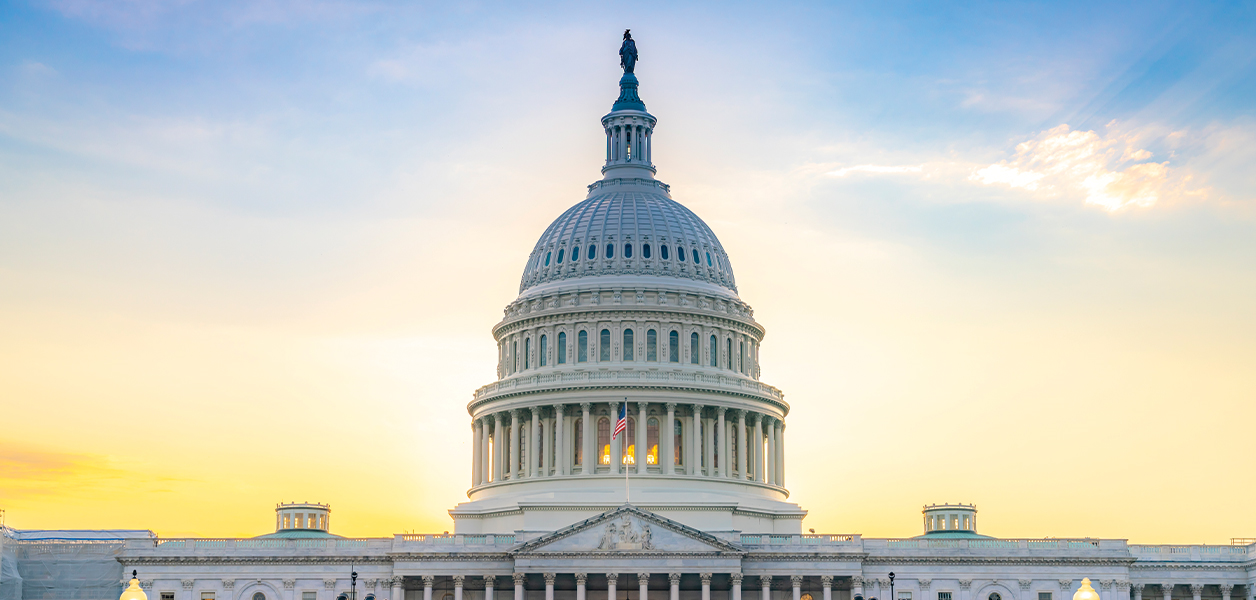The new Congress convenes
The 118th Congress convened with the election of Rep. Kevin McCarthy (R-Calif) as speaker of the House on a vote of 216-212, with six Republicans voting “present,” on the 15th ballot in the early morning hours of Jan. 7. McCarthy had faced determined opposition from hard-liners within his own party on the previous 14 ballots. The 15 ballots needed for the election of a House speaker were the most since the 1850s during the pre-Civil War era. Republicans now have control of the House with a narrow 222-212 majority, with one vacancy to be filled in a special election in Virginia’s 3rd Congressional District. In the Senate, Democrats will have a 51-49 majority, and it will be necessary to obtain bipartisan support to achieve the 60-vote threshold needed to pass most legislation. Although Republican Sen. Ben Sasse from Nebraska resigned Jan. 8, the governor will announce a Republican replacement soon.
The House also passed a rules package that will govern how the House operates for the next two years on a near party line vote of 220-213. The package contains numerous concessions made by McCarthy to obtain the votes of hold-out Republicans in his bid for speaker, including a provision known as the “motion to vacate the chair,” which allows a single House member to call for a vote to remove the speaker. The threat of the use of such a provision led to the resignation of House Speaker John Boehner (R-Ohio) in October 2015. Other new rules include provisions to demand a minimum of 72 hours for members to read newly introduced bills before they vote; requiring legislation to be focused on only one issue to avoid large omnibus bills; and the elimination of proxy voting instituted by Democrats during the COVID-19 pandemic.
Biden administration announces expanded migration enforcement process
On Jan. 5, the Department of Homeland Security announced an expansion of a program aimed at addressing border security issues at the southern border given the continued failure of Congress to address the problem. Under the expanded program—first extended to individuals fleeing political and economic turmoil in Venezuela in fall 2022—individuals from Cuba, Haiti and Nicaragua will have the opportunity to request advance authorization for travel and temporary parole for up to two years in the U.S., including work authorization. There will be a cap of 30,000 visas per month on the number of parolees from these three new countries and Venezuela. In addition, the program contains expanded enforcement efforts by U.S. and Mexican authorities to prevent unauthorized border crossings. To be eligible to enter the U.S. lawfully, individuals must have a designated supporter in the U.S. who will provide financial assistance and other support and pass rigorous national security and public safety screening and vetting, among other requirements. View more information regarding specific requirements and how to support qualifying individuals.
Registration for Roofing Day in D.C. 2023 is open!
Each year, roofing professionals meet with members of Congress on Capitol Hill to discuss the critical issues facing their companies and the roofing industry. And you know what? We’re making a big difference. So far, we have increased funding for career and technical education, advanced legislation that addresses workforce development needs and secured a strong buildings component in bipartisan infrastructure legislation.
But our work is not done yet. We are just getting started. Join us for Roofing Day in D.C. April 18-19 and help us make it the biggest and best roofing industry advocacy event ever! After you sign up, click on the link to invite a friend from your confirmation email and you could win a $500 Amazon gift card!
Registration is only $95 for company representatives and $35 for field workers, students and spouses. Please visit www.nrca.net/roofingday to view testimonials from last year’s event and learn more. Sign up today!




